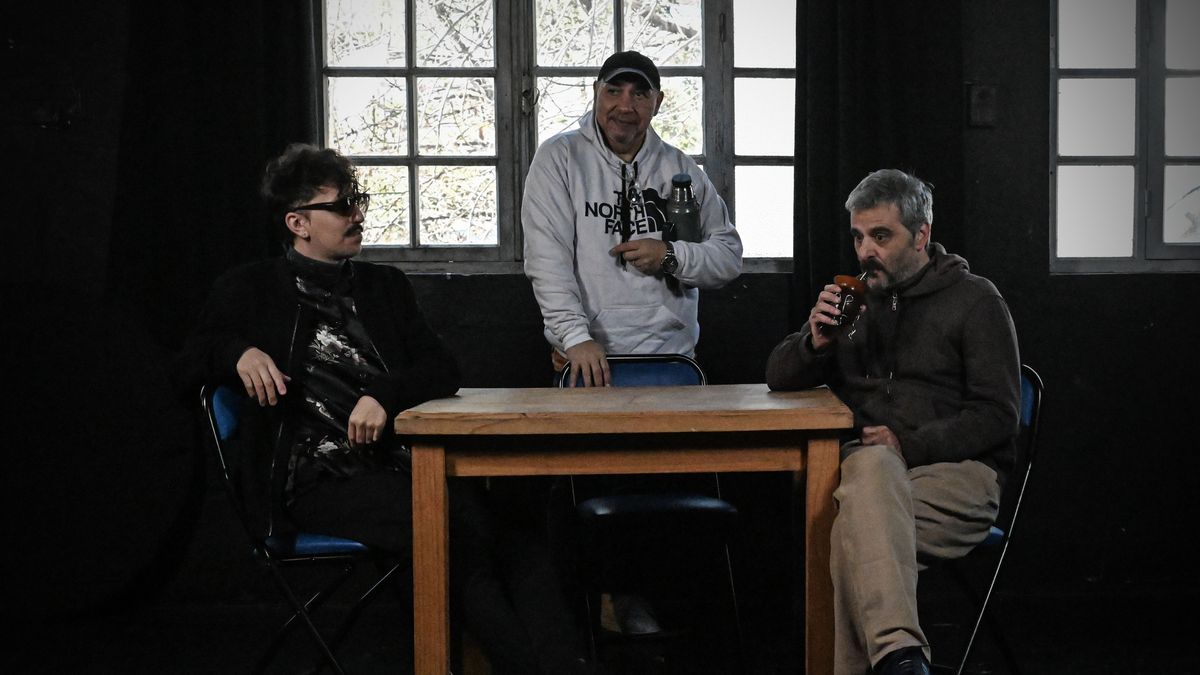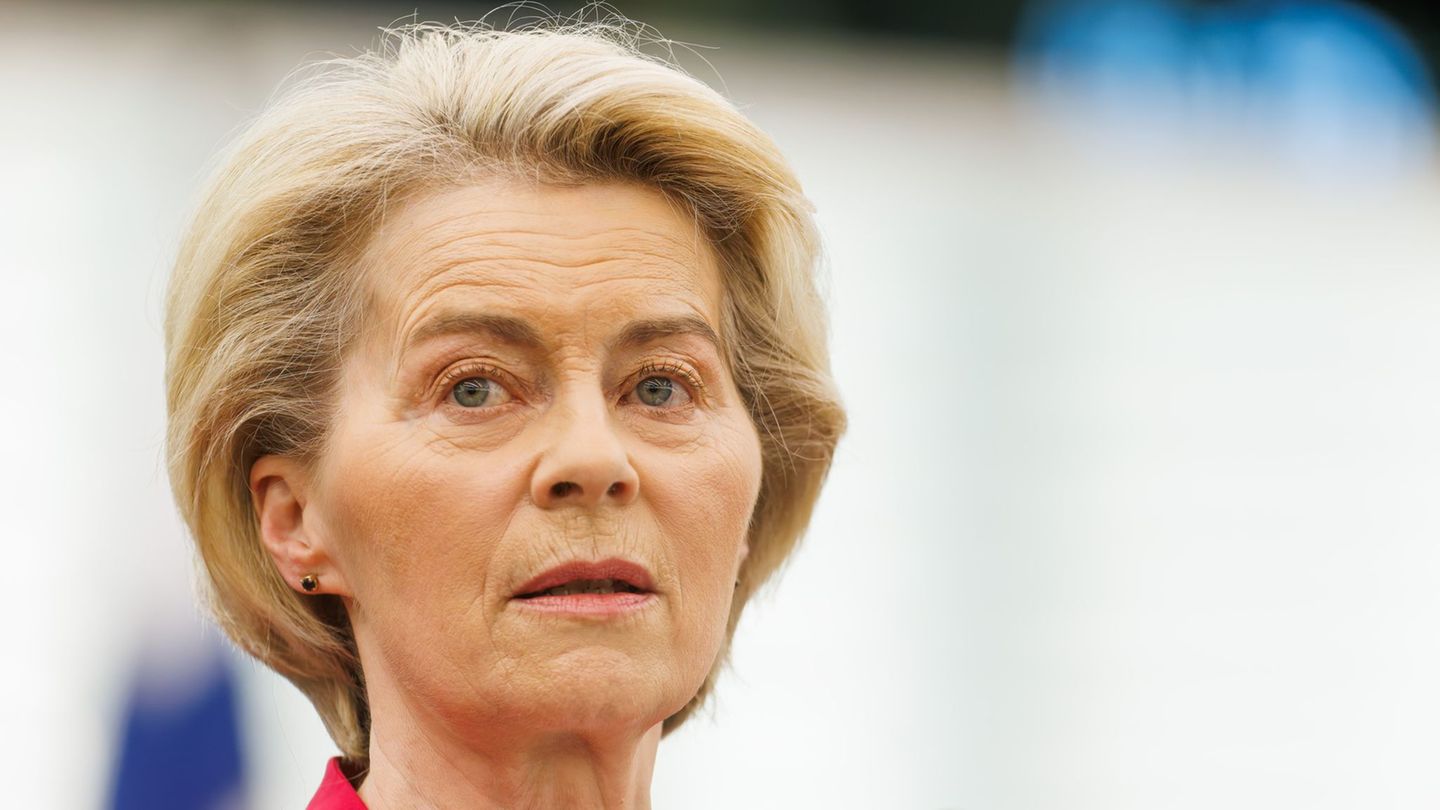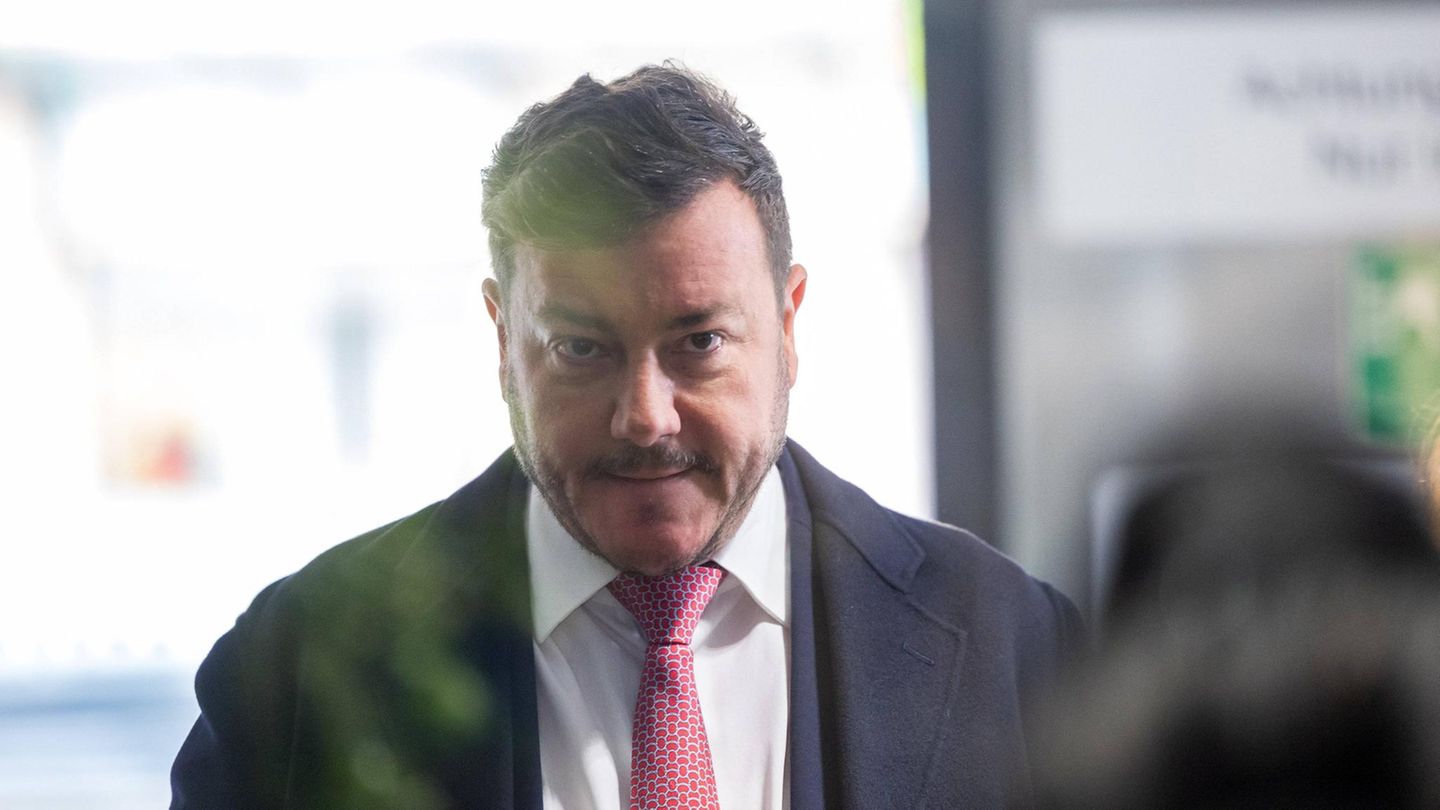Daniel Maza, Hernan Jacinto and Pipi Piazzolla They present their first album as a trio: “Vivo en Bebop”, released on the main digital platforms last Friday, while their live performance will take place on Thursday, September 19 at 8:00 p.m. and 10:30 p.m. at Bebop Club, Uriarte 1658.
The album brings together three of the best musicians on the current scene, with a repertoire that includes nine songs such as the Uruguayan song: “Dedos” and “Blumana”, by Ruben Rada“Santanita”, from Rada/Fattoruso“That sadness” and “Name of goods”, from Eduardo Mateo; bolero: “Eclipse”, by Margarita Lecuona and “Count on me”, by Chico Novarro; “Footprints”, by Wayne Shorter and “In the end, chorizo”, by Eduardo PintoWe talked with Maza, Jacinto and Piazzolla.
Journalist: All three of you emphasize the magic of improvisation and that live performances are always different, like theatre performances, there are never two the same. But when you listen to a recording, it is always the same. What can you say about this?
Daniel Maza: Playing live is a very different feeling than recording the album in the studio. Both are great, but there is a communication and energy that the audience brings that is very different from the studio. I really enjoy recording live, I always find something different that was recorded and that I love. I enjoy what my friends played and my own stuff. Swing!
Hernan Jacinto: Every jazz concert, or song concert where there is a lot of improvisation, is always different and unique. We were lucky that a great concert of the trio was recorded and hence this album. It is a blessing and a great opportunity to show what happens live with the trio.
Pippi Piazzolla: That’s the good thing about playing live, that different things always happen, and the fact that the recording is always the same is a record of a period, a good night like the one we had at Bebop that day. Like a photo that we will look back on and remember in the future. Sometimes you play a lot and nothing is recorded, and that is sometimes a shame.
Q: You started out as a duo and when Pipi joined you it took on another dimension, what did Pipi add?
DM: Pipi, besides being a great friend and a tremendous musician, complemented the duo with his rhythm and technique. What he proposes at the moment makes me have a lot of fun, going to the concert is always an incredible joy. Not to mention Hernán, that’s another chapter.
HJ: Although both Daniel and I have a strong rhythmic imprint in our style of interpretation, the incorporation of Pipi was explosive, because everything was put in order and what still needed to be put together was given shape. He really added a lot to the concert, so much so that we can no longer think of the concert without him.
Q: Piazzolla, what attracted you to join this “nth” group? You are always recording collaborative albums…
PP: Playing with Hernán and Maza is a luxury for me, it is a pleasure and a great learning experience. Besides, they are lifelong friends. It is like being called up to the national team.
Q: What genres and styles can audiences expect?
DM: It’s not a preconceived idea, we really like all styles, funky, Latin, Brazil, Peru, a lot of candombe, everything… and some bolero.
HJ.: You will find a totally eclectic show, where we walk through different musical universes with great ease and elegance. The three of us are very rhythmically restless, so we make a very versatile mix where we go through a lot of rhythms and aesthetics.
PP: Everything, candombe, funk, swing, waltz, afro, bolero.
Q: How do you see jazz today and the music scene in general?
DM: We know that this music is not commercial, but there are a lot of new and already known musicians who are fortunately working and doing their thing, some with more appeal, others with less, but there are places to play that open up, creating a space to be able to continue fighting and making music, which is what makes musicians happiest, let’s go up.
HJ: Very well-fed and developed. It’s incredible the number of new musicians that are joining the Argentine scene, and all of them with impressive talent. It happens to me that every time I go out of the country to play, I end up appreciating more and more what is happening in Argentina. We are slowly becoming a very important jazz beacon.
PP: I think jazz is doing very well, with many young musicians and new groups. Many places to play. Something that didn’t happen before. It just needs a little bit of publicity.
Source: Ambito




